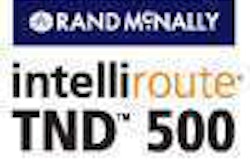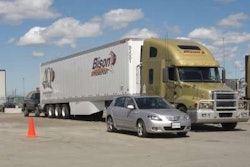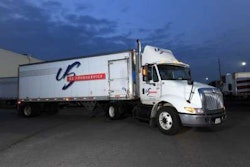The CARS program came to a close Tuesday, Aug. 27, with nearly 700,000 clunkers taken off the roads, replaced by more fuel-efficient vehicles, the U.S. Department of Transportation announced. Rebate applications worth $2.877 billion were submitted by the 8 p.m. deadline, under the $3 billion provided by Congress to run the program.
Cars made in America topped the most-purchased list, from the Ford Focus to the Toyota Corolla to the Honda Civic. “American consumers and workers were the clear winners, thanks to the ‘Cash for Clunkers’ program,” U.S. Transportation Secretary Ray LaHood says. “Manufacturing plants have added shifts and recalled workers. Moribund showrooms were brought back to life, and consumers bought fuel-efficient cars that will save them money and improve the environment. This is one of the best economic news stories we’ve seen, and I’m proud we were able to give consumers a helping hand.”
According to a preliminary analysis by the White House Council of Economic Advisers, the CARS program will:
DOT also the program also provides good news for the environment because 84 percent of consumers traded in trucks and 59 percent purchased passenger cars. The average fuel economy of the vehicles traded in was 15.8 miles per gallon, and the average fuel economy of vehicles purchased is 24.9 mpg — a 58 percent improvement. “This is a win for the economy, a win for the environment and a win for American consumers,” LaHood says.
With the end of transactions under the program, DOT says it is augmenting a team that already includes more than 2,000 people processing dealer applications for rebates. For detailed CARS statistics, including breakdowns by state and vehicle types purchased and traded, click here.











